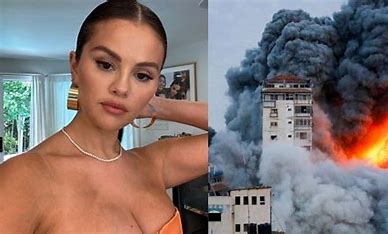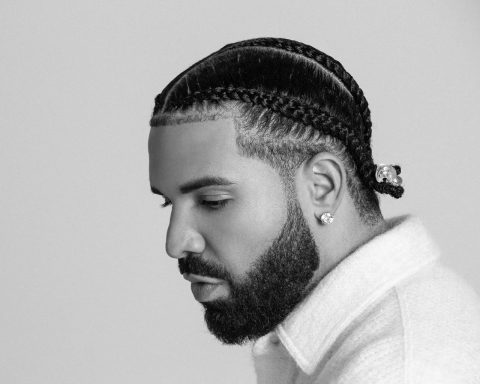In a world dominated by social media, the personal lives and opinions of celebrities are often thrust into the spotlight. From Hollywood to the music industry, fans expect their favorite stars to use their platforms to address global issues. However, should celebrities feel obligated to chime in on complex political matters, such as the ongoing conflict between Israel and Palestine? The recent controversies surrounding Justin Bieber, Selena Gomez, Drake, and DJ Khaled suggest that perhaps we should reconsider this expectation.
Take Justin Bieber, for instance, who posted a picture of Gaza with a caption urging people to “Pray for Israel.” This seemingly innocent post sparked outrage and criticism, with many accusing him of taking a biased stance. On the other side, Selena Gomez chose a more neutral approach in her Instagram post, aiming to raise awareness without explicitly supporting one side. Yet, even this drew backlash from those who felt she should have taken a clearer stance.
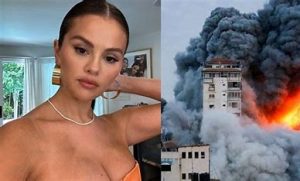
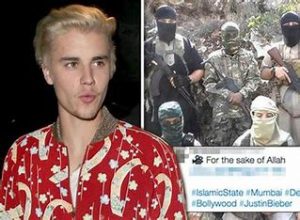
Celebrities like Drake and DJ Khaled, both with Jewish roots, have chosen a different path by staying silent on the matter. Despite their decision not to speak out, they have faced criticism for not using their influence to address the conflict. This raises the question: should celebrities be compelled to express their opinions on complex geopolitical issues, especially when their words can be misconstrued or misinterpreted?
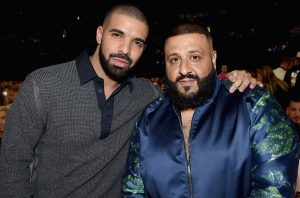
The reality is that celebrities are not political experts. While they may have a significant platform, expecting them to provide nuanced perspectives on intricate conflicts oversimplifies the issues at hand. In the case of the Israel-Palestine conflict, the history and complexities are deeply rooted, and taking sides without a comprehensive understanding can lead to unintended consequences.
It’s essential to recognize that celebrities, like any other individuals, have diverse opinions and backgrounds. Drake and DJ Khaled, for example, may have personal connections to the conflict, but that doesn’t necessarily mean they are equipped to provide solutions or even coherent analyses. Their silence on the matter should not be mistaken for indifference; rather, it may reflect an acknowledgment of their limitations in understanding and resolving such intricate political disputes.
In holding celebrities accountable for global issues, we must not lose sight of the primary actors responsible for political decisions: politicians, heads of state, and religious figures. These are the individuals with the power to enact change, negotiate peace, and address the root causes of conflicts. Placing the burden solely on celebrities to comment on political matters not only oversimplifies the issues but also distracts from holding the true decision-makers accountable.
In conclusion, while it’s natural to seek guidance and support from influential figures during tumultuous times, expecting celebrities to play the role of political commentators may be unrealistic and counterproductive. We must recognize the limitations of their knowledge and influence and redirect our focus toward those who have the authority and responsibility to navigate complex geopolitical landscapes. Ultimately, to address political issues effectively, we should encourage an informed and constructive dialogue involving experts, policymakers, and the individuals directly affected by these conflicts.
